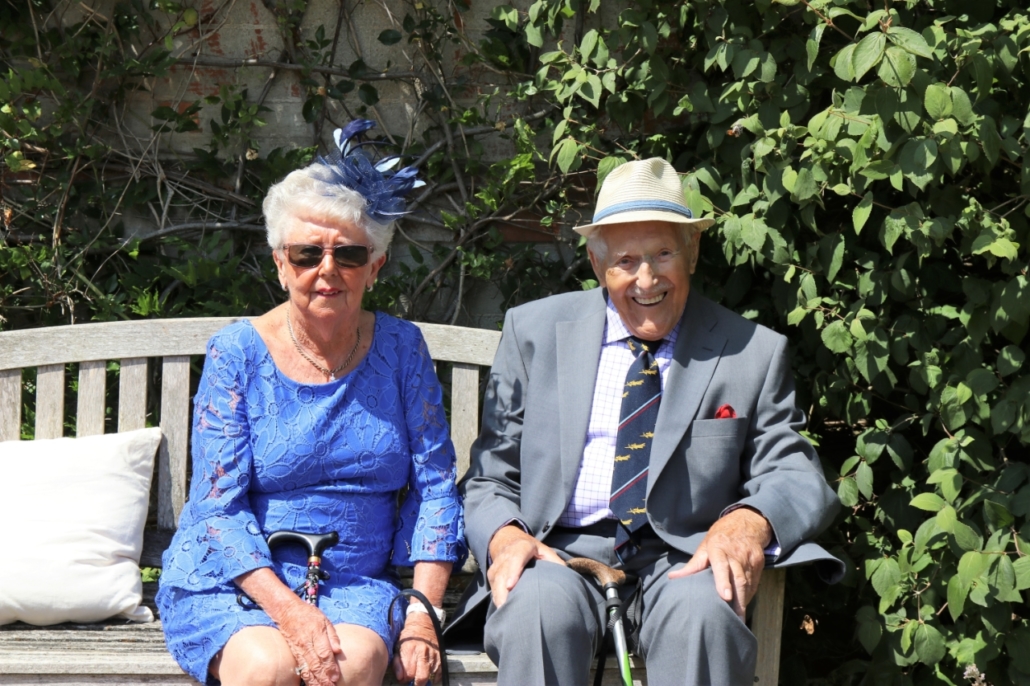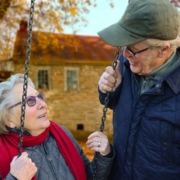Surviving cognitive decline
The onset of cognitive decline can be frightening. It often involves feelings of loss of control and helplessness coupled with anxiety about the future. It may be a time of struggle and desperation for many people but it can be turned into an opportunity for reflection, preparation and planning for a future that’s more enjoyable than frightening. In the face of cognitive problems, instead of quitting, one should redouble their efforts to sustain a fulfilling and meaningful life.
The first step is assessing one’s limitations with the help of relatives and health experts. Though they may seem insurmountable at first, the effects of most limitations can be overcome to a large extent. Changes in everyday life, the use of technology and also support from family and friends can help people adjust and mitigate the effects of cognitive decline on their everyday life. Sometimes even simple solutions like using a digital pill box with reminders for each medication or enlisting the help of friends and relatives when engaging in complex activities such as planning a vacation can make the difference between remaining active and abandoning favorite activities.
Often, even when cognitive decline has begun, people can maintain their daily schedule with relative ease. This is due to the fact that habitual actions rely on well-established neural pathways that are more resistant to decline as they have been reinforced by continual activation throughout our lives. Furthermore maintaining our preferred daily schedule also has psychological benefits as it provides us with a sense of control and continuity over our lives. Thus we must focus on maintaining our daily life and habits with some help from our loved ones when needed.
The reliance on familiar routines can help mitigate the effects of cognitive decline but it should not come at the expense of adjustability and learning new things. At the same time one must be realistic about the amount of change they can incorporate into their lives. In essence it is a question of where one should invest time and effort. As cognitive decline limits the ability to learn, time and energy should be expended in changes that can bring tangible benefits to one’s life. Remodeling an already comfortable house may be a waste of effort while learning to use a messaging program that allows one to communicate with their children who are living abroad may bring joy to their lives.
It is said that aging is both natural and universal thus we should embrace it and accept what it brings into our lives. Instead of treating the challenges of old age as insurmountable obstacles we should treat them as opportunities to adjust by maintaining a balance between reliance on old habits and willingness to learn and try new things.

What can I do?
- As an older adult: Be vigilant for signs of cognitive decline. Ιf they appear talk to your doctor and relatives in order to get the necessary support for mitigating any negative effects in your daily life.
- As a relative: Offer help and guidance to your loved ones. Sometimes they may need your assistance in order to be able to keep doing some of their favorite activities.
- As a nursing home / assisted living owner: Make sure that you offer services that allows older adults to mitigate the effects of cognitive decline and continue to engage in activities they enjoy.









